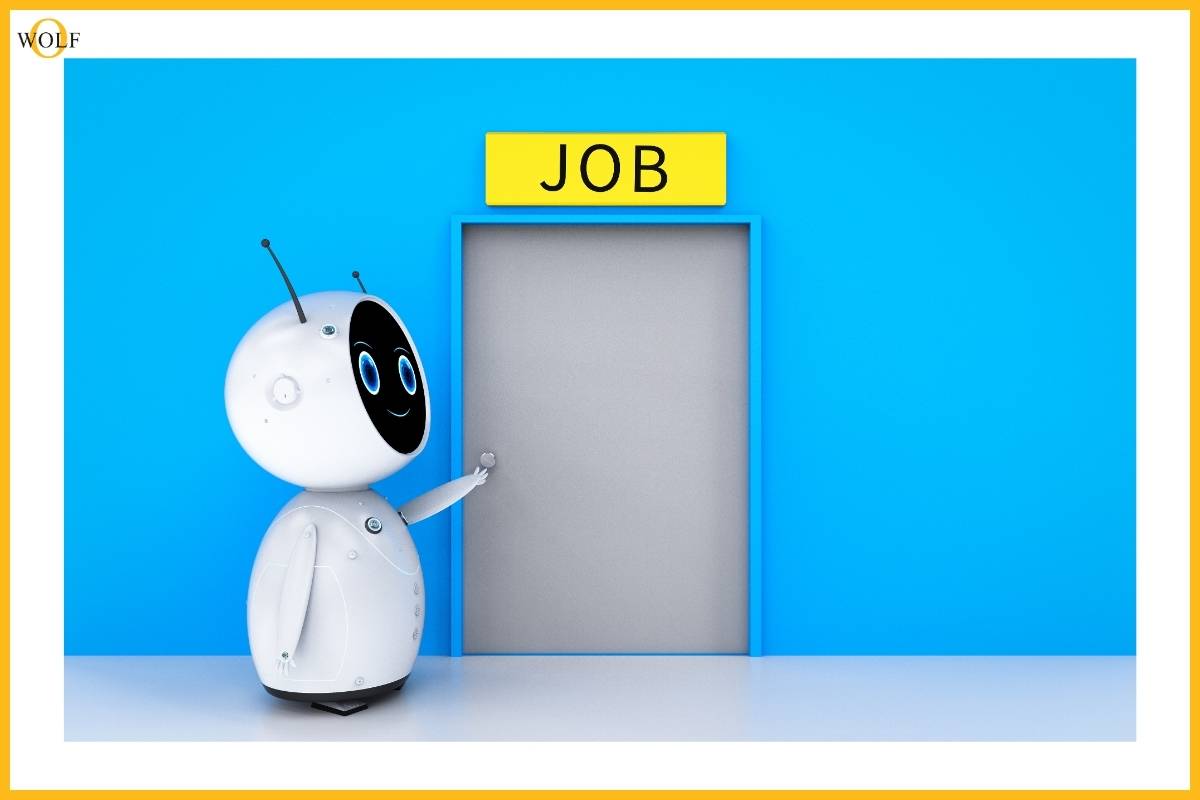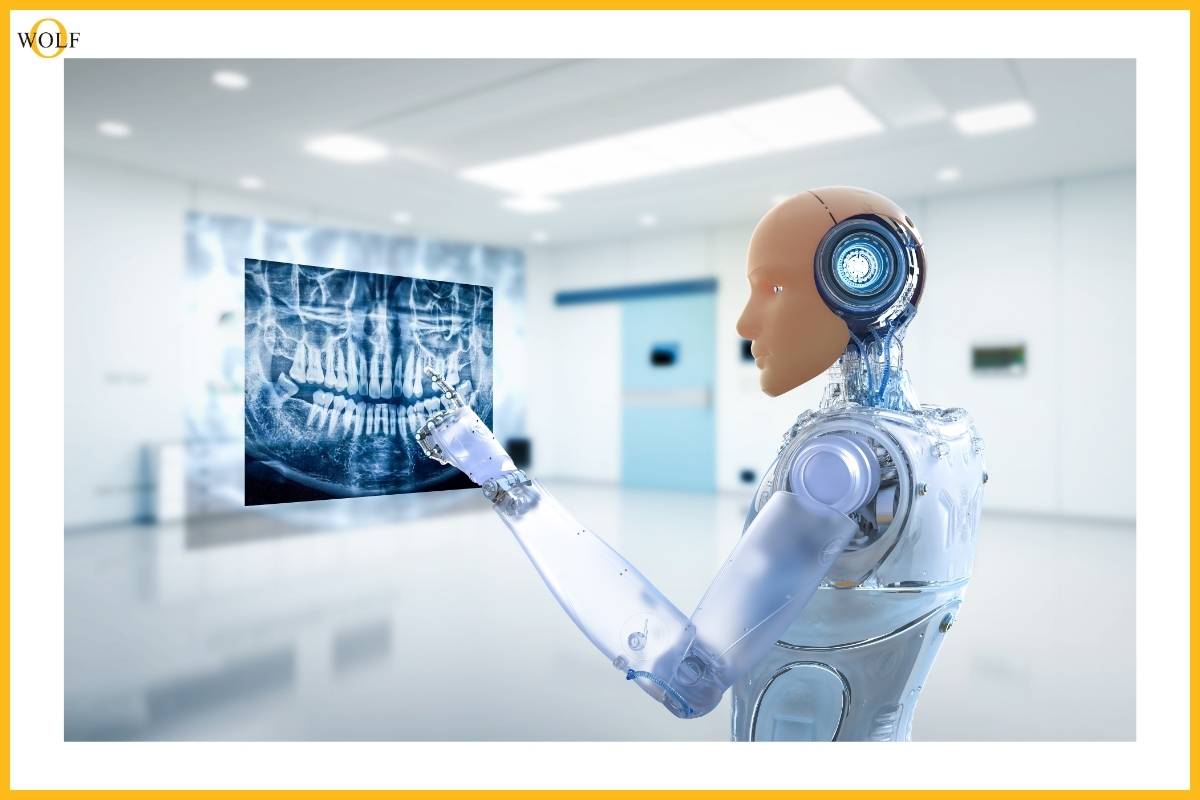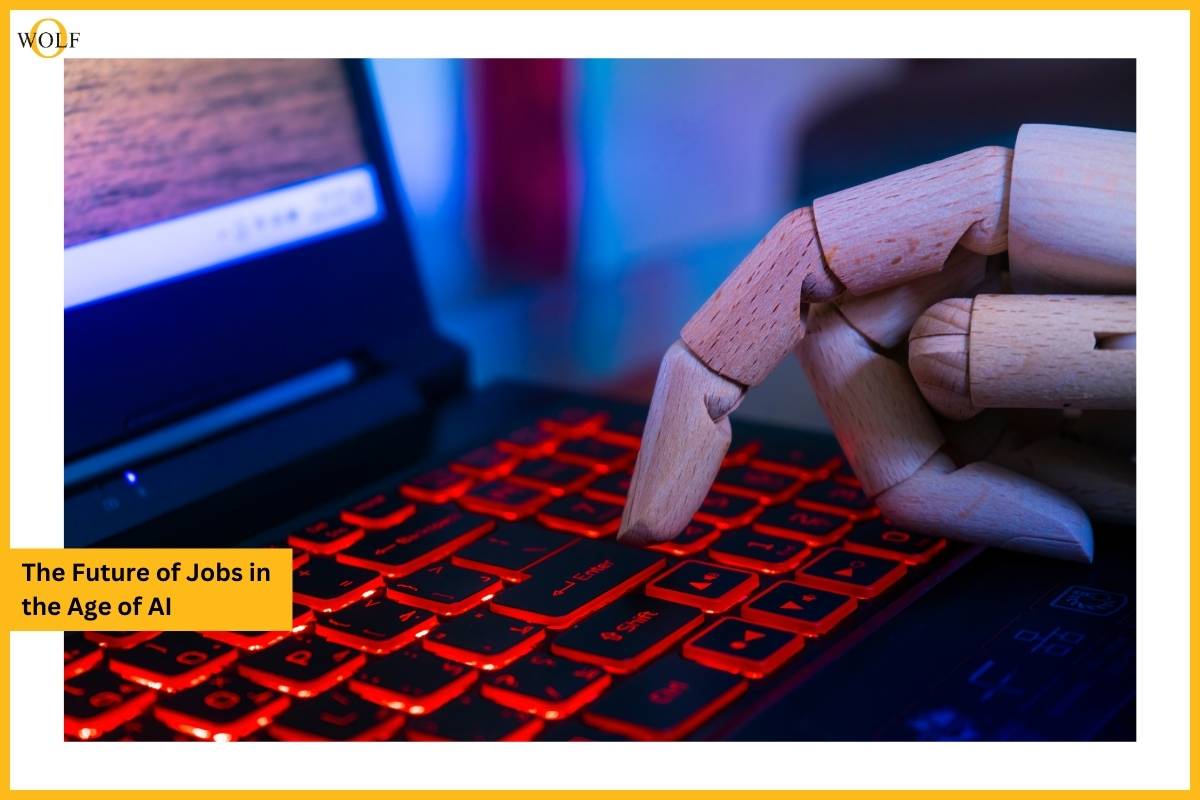Introduction
The advent of artificial intelligence (AI) has brought about a paradigm shift in various sectors, fundamentally altering how we perceive work. The future of jobs in the age of AI is a topic of significant debate and analysis among experts, policymakers, and the general public. As AI continues to evolve, its impact on employment, skills, and the nature of work itself becomes increasingly profound. This article explores the future of jobs in the age of AI, examining both the opportunities and challenges that lie ahead.
The Current Landscape of AI in the Workforce
Artificial intelligence has already made substantial inroads into the workforce. From manufacturing and healthcare to finance and customer service, AI technologies such as machine learning, natural language processing, and robotics are transforming industries. Automation of routine tasks, enhanced decision-making capabilities, and improved efficiency are just a few examples of how AI is reshaping the workplace.
In manufacturing, robots equipped with AI are performing repetitive tasks with precision and consistency, reducing human error and increasing productivity. In healthcare, AI-powered diagnostic tools are assisting doctors in making more accurate diagnoses and treatment plans. Financial institutions are leveraging AI algorithms to detect fraud, manage risk, and provide personalized financial advice.
The Impact of AI on Employment

One of the most pressing concerns about the future of jobs in the age of AI is the potential for job displacement. As AI systems become more capable, there is a fear that many jobs currently performed by humans will be automated. This has already been observed in industries such as manufacturing, where robots are replacing human labor in assembly lines.
However, it’s essential to recognize that while AI may eliminate certain jobs, it also creates new ones. The future of jobs in the age of AI will see a shift in the types of skills that are in demand. Roles that involve creativity, emotional intelligence, critical thinking, and complex problem-solving are less likely to be automated and will continue to be valuable.
New Job Opportunities Created by AI
The future of jobs in the age of AI is not solely about job loss; it also presents significant opportunities for job creation. AI itself is an industry that requires skilled professionals to develop, maintain, and improve AI systems. This includes roles such as AI researchers, data scientists, machine learning engineers, and AI ethicists.
Moreover, as AI automates routine tasks, it frees up human workers to focus on more strategic and innovative activities. This shift can lead to the creation of new job categories that we cannot yet fully envision. For example, just as the internet gave rise to jobs like social media managers and app developers, AI will likely lead to the emergence of new professions that leverage AI capabilities in novel ways.
Reskilling and Upskilling for the AI Era
To prepare for the future of jobs in the age of AI, there is a critical need for reskilling and upskilling the workforce. Traditional education and training systems must adapt to equip individuals with the skills required in an AI-driven world. This includes not only technical skills related to AI and data science but also soft skills such as adaptability, creativity, and emotional intelligence.
Governments, educational institutions, and businesses must collaborate to create comprehensive training programs that address the needs of both current and future workers. Lifelong learning will become increasingly important, as individuals will need to continuously update their skills to keep pace with technological advancements.
Ethical Considerations and Workforce Policies
The future of jobs in the age of AI also raises important ethical considerations and policy challenges. As AI systems become more integrated into the workplace, issues such as privacy, bias, and fairness must be addressed. Ensuring that AI technologies are used ethically and do not perpetuate existing inequalities is crucial.
Workforce policies will need to evolve to protect workers’ rights and ensure a fair distribution of the benefits of AI. This includes considering measures such as universal basic income, job-sharing arrangements, and stronger social safety nets to support individuals whose jobs are displaced by AI.
Case Studies: AI in Action
To illustrate the future of jobs in the age of AI, let’s look at some real-world examples of AI implementation across different industries.
1. Healthcare

In healthcare, AI is revolutionizing patient care. IBM’s Watson, for instance, is being used to assist oncologists in diagnosing and treating cancer. By analyzing vast amounts of medical data, Watson can provide recommendations for treatment plans based on the latest research and clinical trials. This not only improves patient outcomes but also allows doctors to focus on more complex aspects of patient care.
2. Finance
The finance industry is also experiencing significant changes due to AI. Algorithms are being used to analyze market trends and make trading decisions, a practice known as algorithmic trading. AI is also enhancing customer service through chatbots that can handle a wide range of customer inquiries, providing immediate and accurate responses.
3. Retail
In the retail sector, AI is optimizing supply chain management and personalizing customer experiences. Amazon’s use of AI in its recommendation engine is a prime example. By analyzing customer behavior and preferences, AI can suggest products that are more likely to appeal to individual customers, increasing sales and customer satisfaction.
The Role of Human-AI Collaboration
The future of jobs in the age of AI is not about humans versus machines but rather humans working alongside machines. Human-AI collaboration can lead to enhanced productivity and innovation. AI can handle data-intensive tasks, freeing up humans to engage in creative and strategic thinking.
For example, in the creative industries, AI can assist in generating ideas or creating preliminary designs, which human artists can then refine and bring to life. In scientific research, AI can analyze vast datasets to identify patterns and generate hypotheses, which researchers can further investigate.
Preparing for the Future: Strategies for Individuals and Organizations

As we move towards the future of jobs in the age of AI, both individuals and organizations must adopt proactive strategies to thrive in this new environment.
For Individuals
- Lifelong Learning: Embrace a mindset of continuous learning and skill development. Stay updated with the latest trends and advancements in AI and related fields.
- Adaptability: Cultivate adaptability and flexibility to navigate the changing job landscape. Be open to exploring new career paths and opportunities.
- Networking: Build a strong professional network to stay informed about job opportunities and industry developments.
For Organizations
- Invest in Training: Invest in reskilling and upskilling programs for employees to ensure they have the necessary skills to work with AI technologies.
- Foster Innovation: Create a culture of innovation that encourages experimentation and collaboration between humans and AI.
- Ethical AI: Implement ethical guidelines and practices to ensure the responsible use of AI in the workplace.
Conclusion
The future of jobs in the age of AI is both exciting and challenging. While AI has the potential to automate certain tasks and displace some jobs, it also opens up new opportunities for job creation and innovation. The key to navigating this future lies in reskilling and upskilling the workforce, fostering human-AI collaboration, and addressing ethical considerations and workforce policies.
As we embrace the future of jobs in the age of AI, it is crucial to focus on the potential benefits while mitigating the risks. By doing so, we can create a future where AI enhances human capabilities, drives economic growth, and improves the quality of life for all.
Did you find this article helpful? Visit more of our blogs! Business Wolf Magazine






